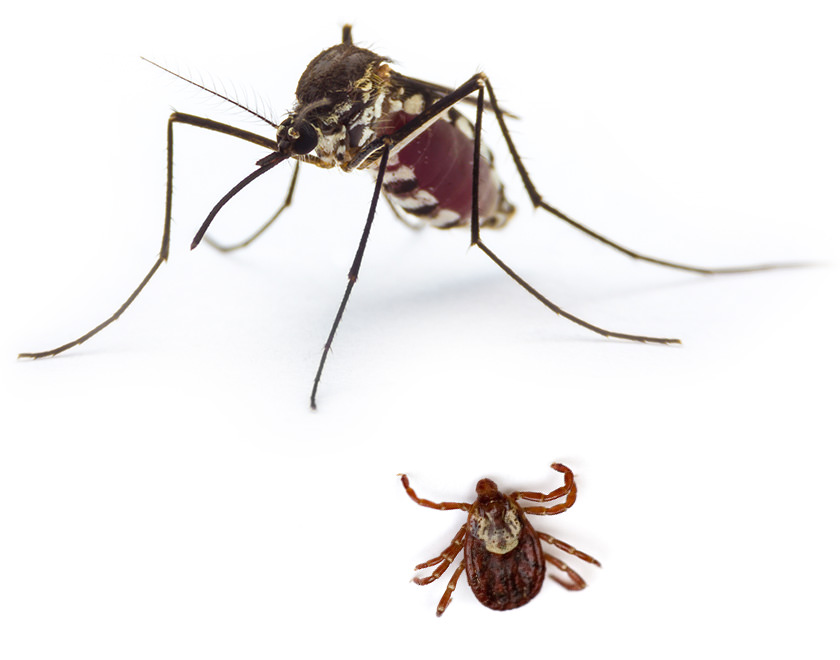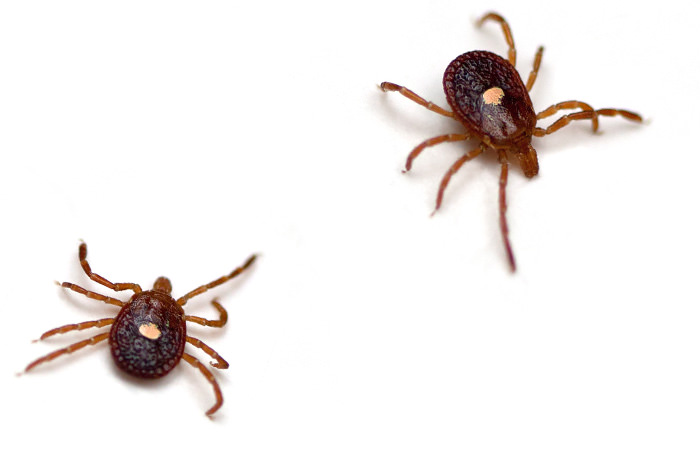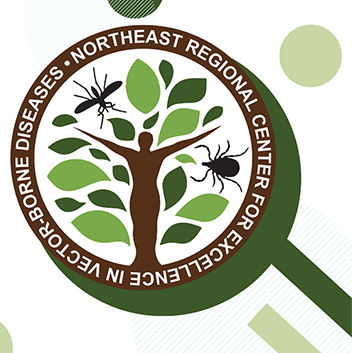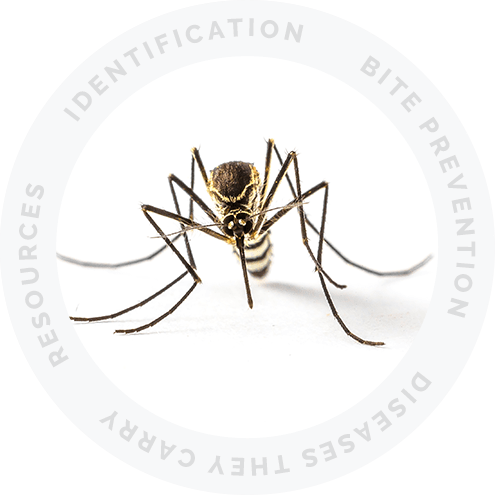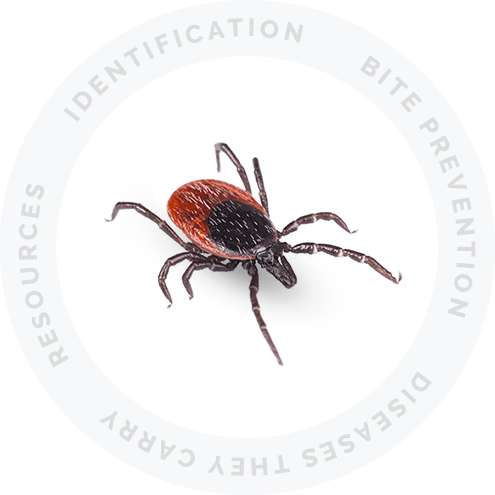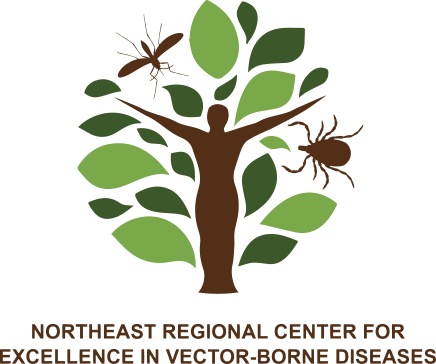Training

Apply for the 2026 Vector Biology Boot Camp!
Applications are open for the 2026 Vector Biology Boot Camp program!
This is a free training program in the fundamentals of vector surveillance and control of tick and mosquito-borne diseases.
Apply by Monday February 16 for consideration!


